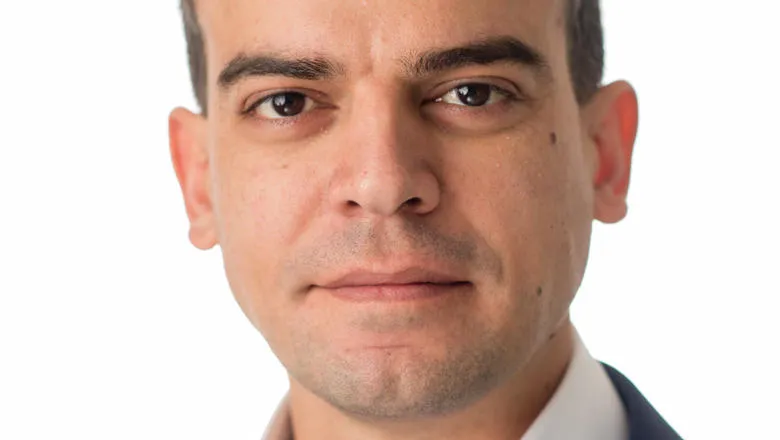26 April 2018
Dr Daniele Magazzeni elected ICAPS President-Elect
Department of Informatics Lecturer Dr Daniele Magazzeni has been elected as the next President-Elect of the ICAPS Executive Council.

ICAPS, the International Conference on Automated Planning and Scheduling, is the leading conference series in its area, which is one of the foundational research areas within Artificial Intelligence. The ICAPS Executive Council is the governing body that oversees the organisation of the annually held ICAPS conferences and represents the Automated Planning and Scheduling research area within the wider Artificial Intelligence research community.Daniele will serve as President-Elect for the years 2018-2019 and then as President for the years 2020-2021. Previous and current President-Elect are Professor Brian Williams (MIT) and Professor Malte Helmert (recipient of the prestigious IJCAI-11 Computers and Thought Award).
Daniele's election is a great honour for him, the Reasoning and Planning group and the Department of Informatics, so we asked him to tell us a bit more about his work and this achievement.
Can you explain more your own involvement with ICAPS up to this point?
The AI Planning group at King’s is world-leading, and members of the group have published several papers at ICAPS and also been awarded Best Paper awards. I was general chair at ICAPS-16, held at King’s, and following that conference I was elected member of the ICAPS Executive Council (that consists of 13 members worldwide) for a six-year term.
What does it mean to be President-elect, and President? What will this involve?
The ICAPS Executive Council is led by the President for a two-year term. The President-Elect will coordinate the work of the President and perform all the duties of the President in his or her absence, together with preparing for the presidential role. After a two-year term, the President-Elect is appointed as President for a further two-year term, while a new President-Elect is elected.
What are your particular ambitions for your Presidency of ICAPS?
Today everyone talks about AI, and also the research in AI is progressing fast. We as a research community have a responsibility to do great and responsible science, and also to speak to a general audience, making sure we provide a sensible and realistic overview of the state of the field and our upcoming challenges.
What do you think your work with ICAPS will bring to your teaching and research at King’s, and vice versa?
As President-Elect first and then as President, I will be exposed to the more recent advances in AI as well as debates on responsible research in AI, and I’m sure this will represent a very significant contribution to teaching and research at King’s.
How do you feel about your election to these positions?
I feel really honoured for having been elected. It is also a great honour to take over in this role after Professor Brian Williams (MIT) and Professor Malte Helmert. I know it comes with great responsibility, and also represents a great opportunity for the Department of Informatics and King’s.
